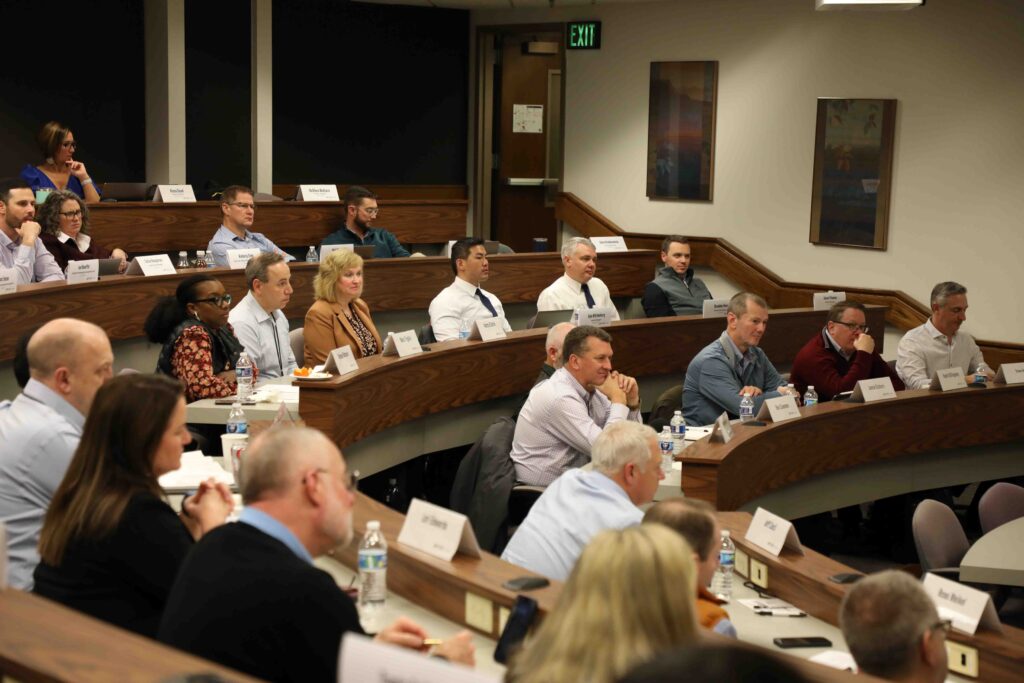Creating a motivated and resilient workforce is one of the most important functions of management, but often missing are the how-tos for developing people. We frequently use analogies, such as coaching or teaching to describe the process, but even in those professions, the steps for successfully developing people are unclear.
Take sales, for example. In this area of agribusiness, it’s common for the best doers to be promoted to leadership positions. But the skills necessary to succeed in sales are entirely different than those needed to succeed in management.
According to Scott Downey, associate director for the Purdue Center for Food and Agricultural Business and an associate professor of agricultural economics, there are eight developmental assets—four internal and four external—necessary to build a resilient workforce.
External Assets
“External assets are those usually provided in the work environment,” he said. “It’s a manager’s job and the company’s job to provide these assets if they want a resilient workforce—one that can maintain high levels of performance even in the face of adversity.”
- Support – Supportive managers look for ways to help people be the best they can be at what they do.
- Empowerment – Managers can empower their employees by helping them feel safe to make the decisions they believe are right.
- Structure – It is vitally important for managers to clearly communicate expectations to their employees.
- Meaning – Managers need to create an environment in which people feel their work is meaningful.
Internal Assets
Internal assets are the strengths innate to employees. Some might be characteristics employees were born with, while others might have been developed. According to Downey, these assets are the reasons why one person might succeed in a specific environment while another fails.
“The internal assets that lead to resilience can be nurtured by a manager, but the people being managed must be open to them,” he said.
- Commitment to Learning – Employees have to be open to learning, but managers can help develop and encourage it.
- Character – Character refers to employee honesty, follow-through, and personal responsibility—characteristics managers can support through work environment.
- Social Skills – Social skills are an employee’s abilities to communicate and put themselves in someone else’s shoes.
- Personal Purpose – Employees need to know and accept their strengths and weaknesses and understand the areas where they have room to improve—all above desires to be seen as experts in every subject.



